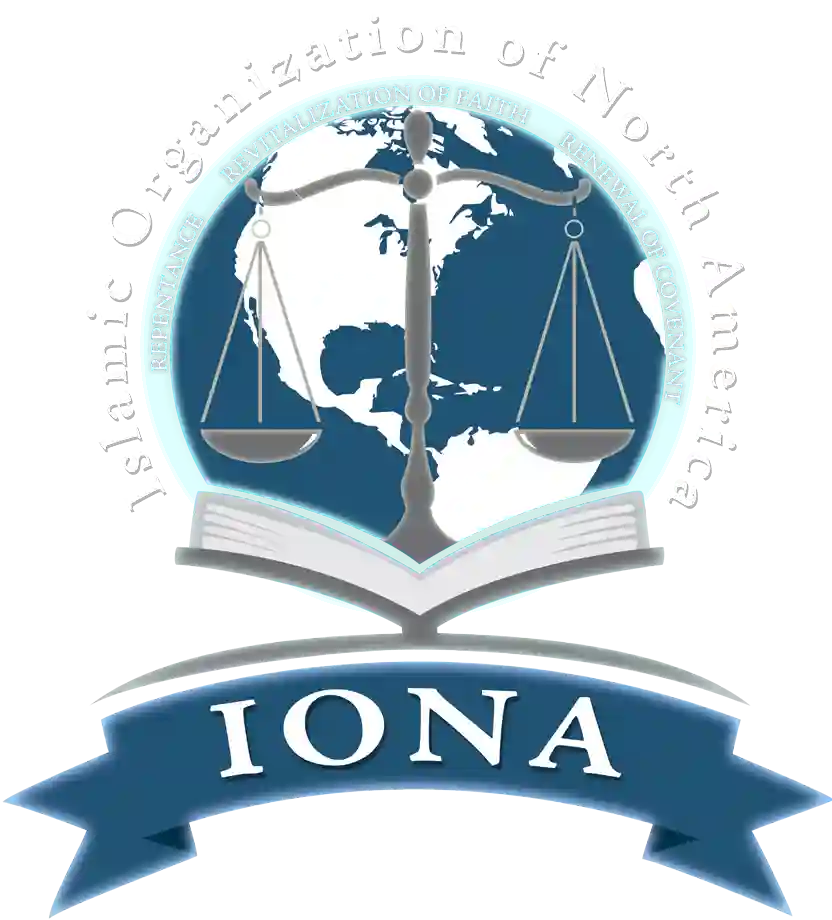IONA in the News
Metro Area Muslims Fear Backlash Over Massacre (January 08, 2015)
Metro Detroit Muslim leaders condemned Thursday the terrorist attack on a French satirical publication that killed 12 people in Paris and worried about possible retribution against Muslims here and in other countries.
“The event is disgusting. We send our condolences to our friends and those who lost loved ones,” said Dawud Walid, executive director of Michigan’s branch of the Council on American-Islamic Relations. “We are concerned about backlash against Muslims in the west.”
The attack, which is suspected to have been committed by two brothers with ties to a Yemeni terrorist network, occurred Wednesday at the offices of the French satirical magazine, Charlie Hebdo. The publication had been threatened for caricaturing the Prophet Muhammad and Islam, yet continued to publish its satire.
Since the Sept. 11, 2001, terrorist attacks against the World Trade Center in New York City and the Pentagon, Muslims are “always vigilant, more vigilant than ever before,” Elturk said.
He speculated that the lower socioeconomic status of the attackers in France “made them more vulnerable to Muslim extremists.”
The Imams Council said it “deplored” the killings in a statement Thursday. “We ask all people of conscience to not paint the entire Muslim people with the same brush,” the statement said.
Imad Hamad, executive director of the American Human Rights Committee in Dearborn, which promotes human rights advocated in a 1948 United Nations declaration, said the attack “violates basic human decency.”
“It violates the fundamental principles of Islam and should not be attributed to Islam or Muslims under any circumstances,” Hamad said.
Saeed A. Khan, a lecturer in Near East Studies at Wayne State University in Detroit, said most Muslims in America are deeply disturbed by the Paris attack, yet remain vigilant for any blowback against the community.
“It’s events like this that have the ability and potential for backlash,” Khan said.
“This kind of brutality and violence is categorically condemned by Muslims all around,” he said, and doesn’t exist “in any (Islamic) religious scripture — either in the Quran or tradition of the prophet.”
Others in the community were concerned that the attacks would overshadow recent contributions Muslims have made to Detroit, including a $100,000 donation given Wednesday by two Muslim groups to the Detroit Water Fund that helps city residents make overdue payments on their water bills.
“Our community is engaged every day with free health clinics and other programs,” said Victor Ghalib Begg, a senior adviser to the Michigan Muslim Community Council.
“We’re doing all these good things every day, then a crazy guy did what he did in the name of religion,” Begg said.
The attacks have stirred discussion of the relationship between free speech and the Muslim community. Khan said most Muslims embrace free expression and their faith without resorting to violence.
“Muslims are very sensitive of depictions of the prophet. This is countered by the sacrality of freedom of expression,” Khan said. “It seems as though that’s where the debate is going now regarding this event.”
Walid also cautioned people not to merely reduce the issue to free speech.
“The publisher should not have been murdered, it’s a crime against humanity … but I don’t think he’s some kind of martyr for free speech,” he said. “I would caution people not to simplify this just as a free speech issue.”
